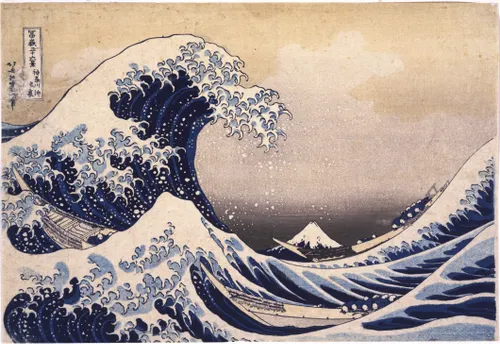Stick To a Program and See the Gains
I’ve been poking around on YouTube to find some fitness gurus and running coaches. I’ll spare you the surprise, there are millions.
My query was about jogging and weightlifting together. Normally you have to
pick one. The two disciplines work at cross purposes. Running is about endurance,
slow twitch muscle fibers and oxygen for energy. Weigh lifting is about size,
fast twitch muscle fibers and anaerobic energy.
Motivations
Long distance running is newer for me. Not that I’m a dedicated
gym bro with a massive frame and trophies in a clear case, but lifting has been
a regular part of my life for years. I started in earnest while in college. I’d
tried to get a routine going in the Army but I was too lazy. I ran short, timed
distances in the Army. Once I got out however, jogging meant going hard for two
miles at the end of a workout. Nothing wrong with that of course. But the older
I got the more I wanted to keep the pounds off and stay lean. I never imagined
I’d be running marathons or studying up on heart rate zones. The more time I
spent improving my pace the less I spent building strength. Today though, I’m
back in the gym working on the physique again and jogging in between. That
calls for a different kind of training.
I’m not sure it’s a great idea to do both but I’m on this
course anyway.
Inspirations
I found a guy on YouTube who looks like a body builder and runs marathons. He’s not a giant but he does have a lot more muscle than your average runner. I’m sure he takes a lot of substances and dials his food in to the calorie. The primary piece of information I got from him is to train hard in season and back off when out of season. This “season” term is mine and not his. The idea is to focus hard on running before a race and fill in some gaps with heavy lifting. After the race, switch it up. Do heavy weights more frequently when no race is in sight. It’s basically the hybrid model I’ve used without his orderly schedule. I’m sure he has a detailed workout plan. Mine is more general but the idea is the same. I stopped doing legs at the gym almost a month before my race.
My legs were tired and sore after a crushing leg workout, not ideal for marathon training. This made running a
miserable task.
My race was a month ago and I’ve since started doing a leg
set again once per week. I don’t think I’ll incorporate more than one day for legs
but I won’t promise anything. I’m hoping that my exhaustion after a long run is
connected to my weak lower half. If strength training can bulk up my hamstrings
and calves and make a 16 mile run feel more like 8 miles I can make serious
gains in my time. This will be the year to find out how well it works. Right
now I’m in for squats or deadlifts every Monday.
In addition to heavier weights, I’m running at least one
less day per week. That works out to 3 days and not 4. This way I can increase muscle
strength in what is basically an off season for me. The summer mornings mean I
can run outdoors before work at least once a week. Obviously, I can run
outdoors during the winter too but I enjoy the early sunlight even with the hot
temperatures. It’s manageable even in the heat of July if I run early enough.
Conclusion
I get discouraged when I hear about the gains from some of these YouTube guys. It feels like I could do more, or should be getting better.
My improvements come in slow, methodical steps. I’m not the
guy that’s going to go drop an hour off his time in a year. I have a friend who
did. Some of us have to find value in the small wins or we’ll get frustrated. The particular
work out program is less important than if you’re still improving years from
now. I measure success by how long I stick with something. The gains will come
if you stick with it. Whether you run or lift, find a sport or exercise you
like and build on it. Make it a goal to look back in a year on the progress no
matter how small. Then do it again in 5 years. It’s hard enough to commit to exercise
of any kind for more than a season. But if you do, the gains will be there. That’s
what I’ve learned.

